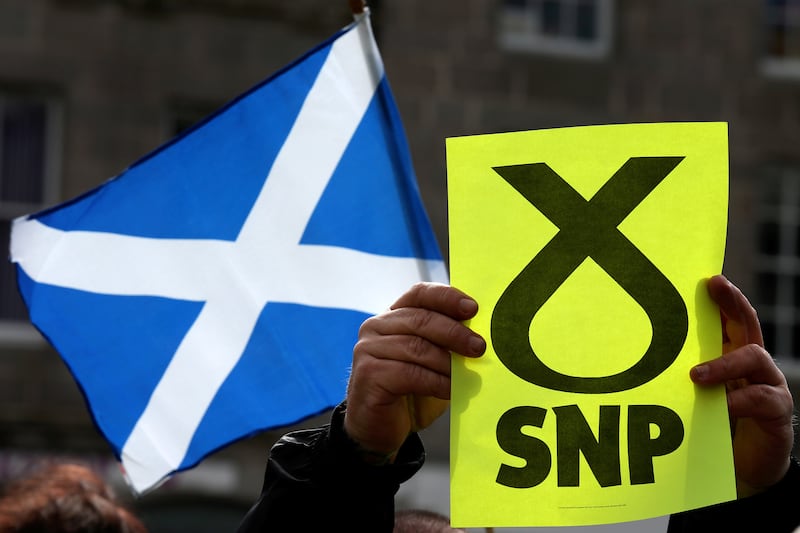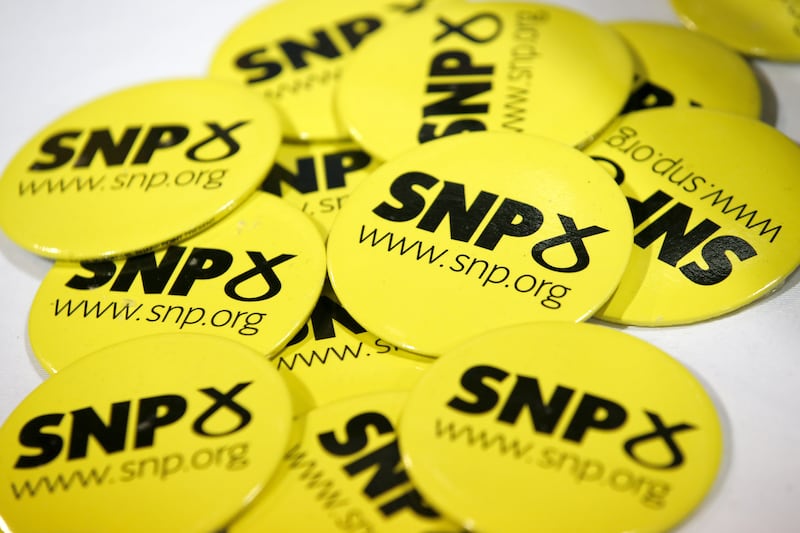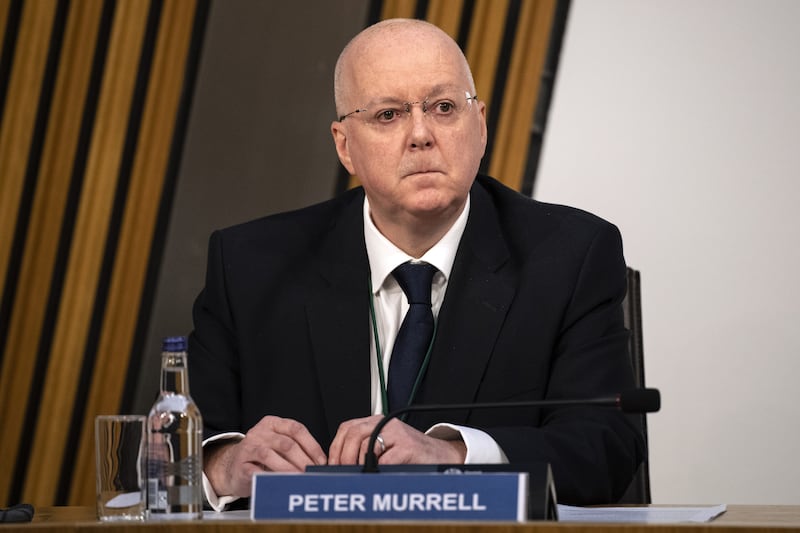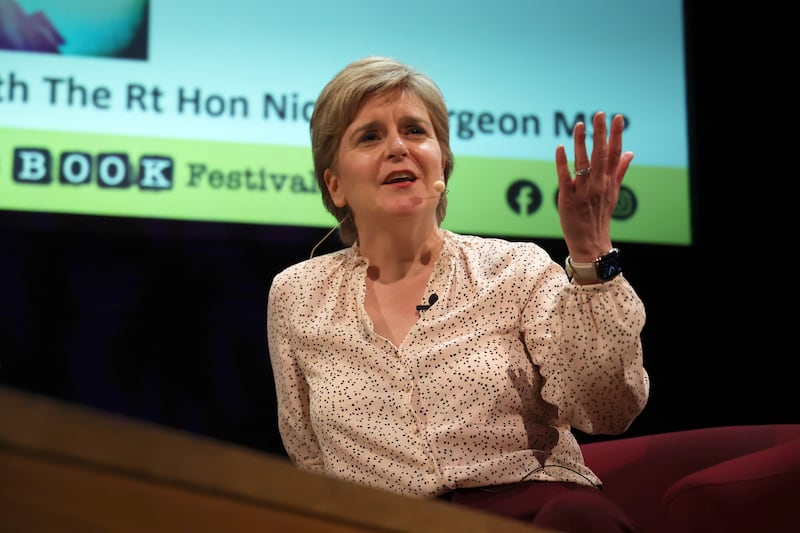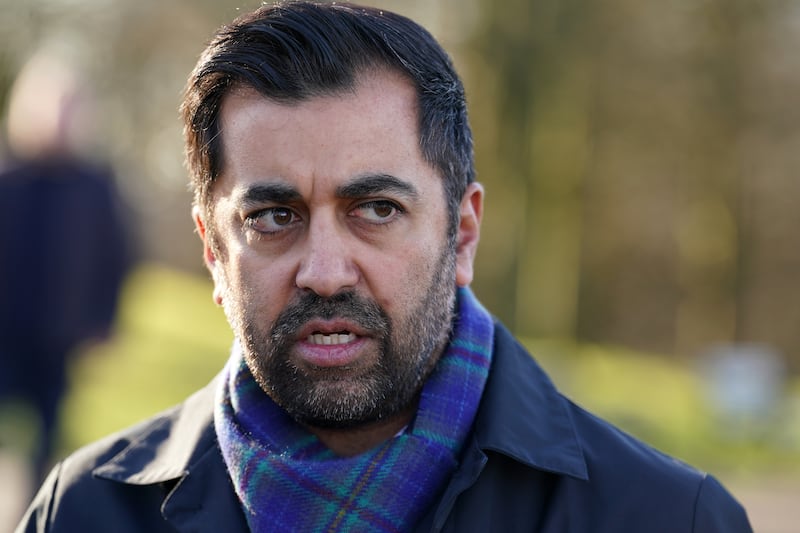The 'new conversation' on independence, which has been launched by the Scottish National Party leader Nicola Sturgeon, will be followed with intense interest in all parts of Ireland.
Many of those who supported the Brexit campaign which narrowly succeeded in the referendum last June appear to have been genuinely uncertain about the full implications of the outcome but they could hardly be totally unaware that they were clearing the way for a potential final break-up of the United Kingdom.
Scots voted against independence on a 55/45 percentage split in 2014 but, by opting much more decisively three months ago, 62/38, to stay within the EU, handed the political impetus firmly back to the SNP.
Although every opinion poll taken in Scotland since the Brexit result has indicated growing support for ending the link with England, the ultimate result remains difficult to predict and it is entirely appropriate that a comprehensive debate should follow before the SNP formally resolves to propose another referendum.
Economic factors, as always, will be crucial with Ms Sturgeon, a capable and respected figure, having to spell in detail out how an independent Scotland would form a relationship with the EU rather than remaining in the UK and dealing with a less than sympathetic Conservative administration in London.
Separate discussions over finalising Brexit are surrounded by confusion at every level and are due to end in 2018 unless all 28 EU members agree to an extension.
There is every prospect that some unpalatable measures will emerge from the negotiations, and significantly add to the momentum for Scottish independence, so Ms Sturgeon is fully entitled to wait for the right opportunity before announcing her intentions.
Many observers are wondering if the new British prime minister, Theresa May, would also prefer to delay the triggering of Article 50 of the Lisbon Treaty - the official mechanism for leaving the EU - for a prolonged and possibly indefinite period.
She is on record as saying that `Brexit means Brexit', but it will be remembered that the deputy prime minister in the previous administration, Nick Clegg, promised equally unequivocally that there would be no increase in student tuition fees before performing a spectacular public u-turn.
Ms May's catchphrase could yet end up being compared to US President George Bush senior's celebrated but entirely misleading 1988 declaration - `Read my lips: no new taxes.'
There is all to play for in the coming months, and Ms May should be acutely aware of the domino effect involved in pushing Scotland towards a future outside the UK.
If the 1998 Good Friday Agreement is also to be effectively rewritten along the way, as is widely feared, Irish citizens can be expected to draw their own conclusions.


